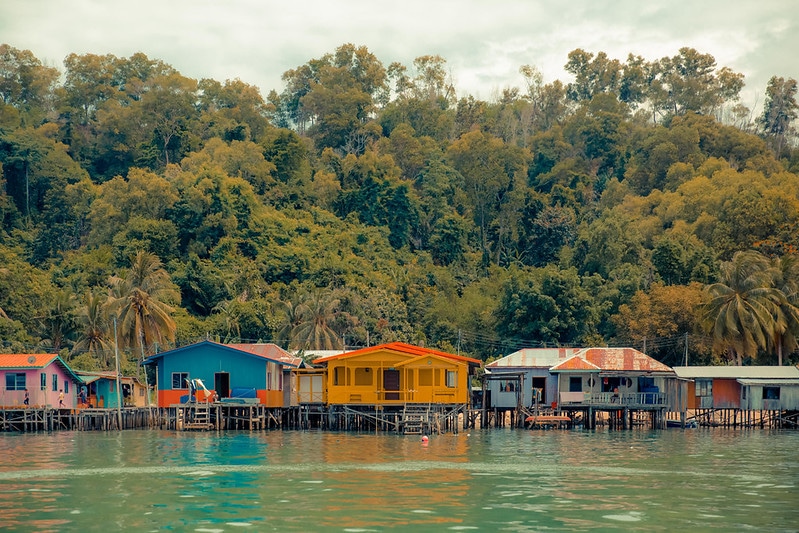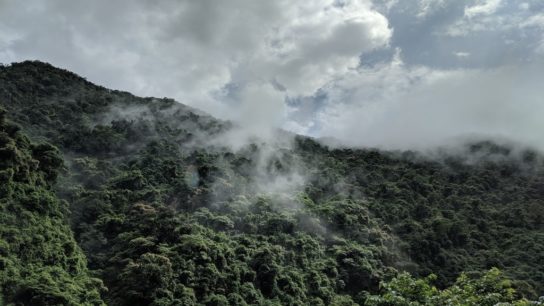According to Satelligence, whose aim is to help combat deforestation via satellite monitoring, deforestation rates in Malaysia have significantly declined in 2020, despite fears of the impact of COVID-19.
—
What is Happening?
- Based on automated analysis of tens of thousands of images from the Sentinel-1,2 and Landsat satellites over primary ‘untouched’ forest, Satelligence found that there were lower rates of primary forest loss in Malaysia, on average, in 2020 compared to the average loss from 2016-2019.
- Publicly available datasets, such as the latest tree forest loss dataset from Hansen et al., also indicate that primary forest loss has been less than in recent years.
You might also like: Native Oysters Are Being Returned to the UK as Part of a Restoration Project
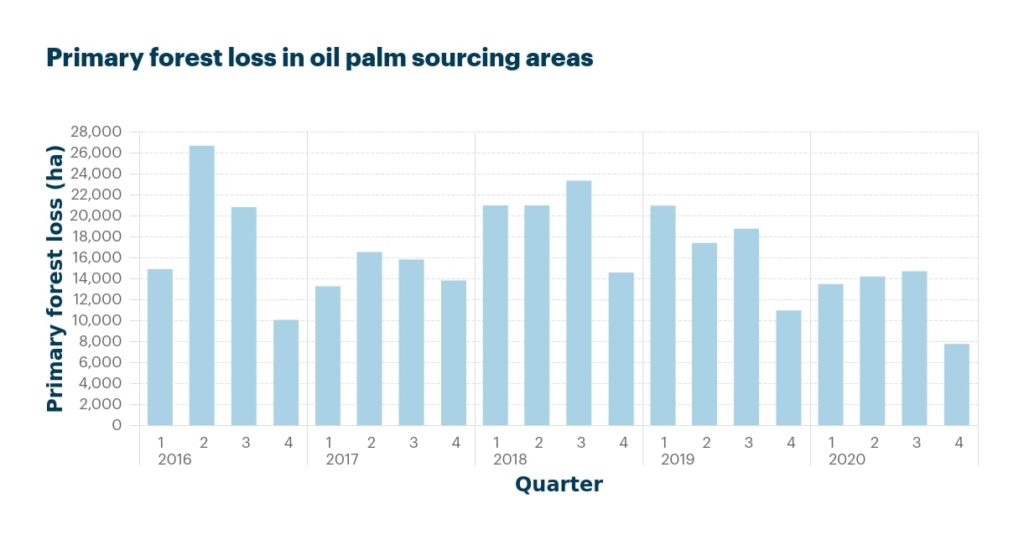
- In 2020, Sabah, Malaysia, saw a decrease in primary forest loss of 43.8% compared to the average yearly forest loss of 11.1% between 2016 and 2019.
- Satelligence has also found a reduction in the expected CO2 emissions for 2020 as a result of the decrease in primary forest loss in Malaysia. Approximately 6 million tonnes of CO2 was not emitted over 2020 due to the decrease when comparing the predicted emissions to the ones estimated based on actual forest loss.
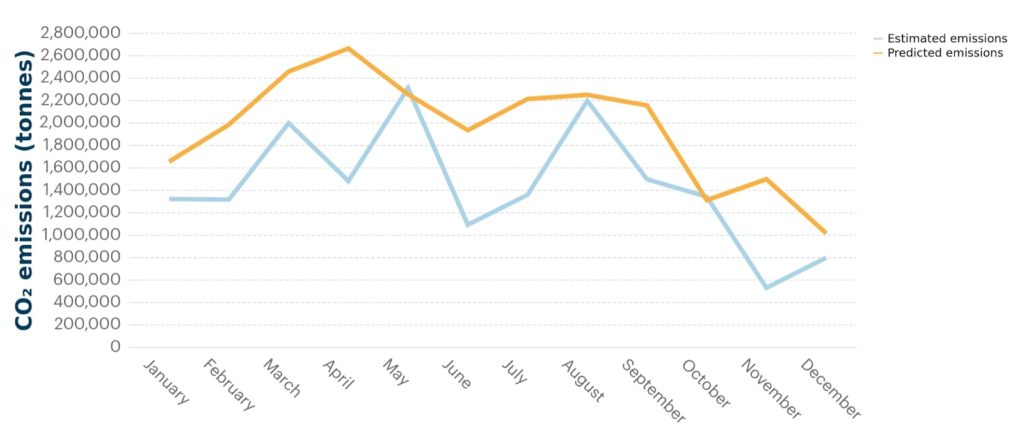
Vassilis Prymidis, a data scientist at Satelligence, says, “We want to emphasise that satellite monitoring is able to capture trends, such as the impact of COVID, and the underlying incidents in real-time. This information can then be passed along to those in business and government who can take action.”
He continues, “Our original prediction for 2020 was a continuation of the downward trend in deforestation of about -10% per year for Sabah, Malaysia, however, this was disrupted most probably due to the far-reaching effect of the COVID-19 pandemic. The actual decrease was much more than expected, at around -40%, so our updated model predicts a smaller decrease in deforestation for 2021, to compensate for that. Our updated model predicts a change of +12% primary forest loss in Sabah for 2021. What this number means is that, if the trends from recent years hold and we allow business as usual deforestation and forest degradation to resume, we may see an increase in forest loss for 2021 compared to 2020.”
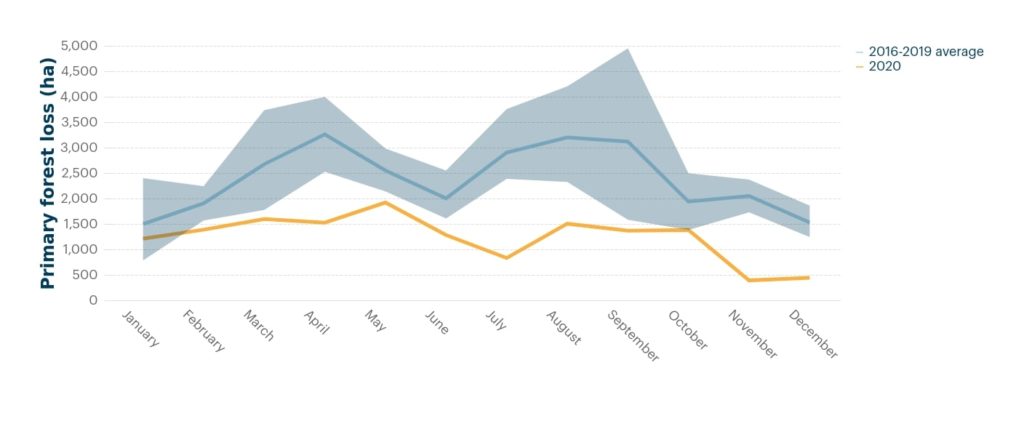
- Palm oil producers, traders and buyers such as GAR, Bunge, AAK and Mondelez are working with local partners in the region to tackle deforestation. Sabah, Malaysia, has also set up an initiative to ensure the palm oil sector remains the state’s key economic driver while also working towards conservation and sustainability. The initiative will be implemented through the Jurisdictional Certification of Sustainable Palm Oil (JCSPO) and Malaysian Sustainable Palm Oil (MSPO) certification in Sabah.
- However, Satelligence have issued a disclaimer saying that these predictions are “only estimates and do not take into account many important variables such as global trends on demand of relevant commodities, government regulations and the pandemic.”
Featured image by: Flickr








